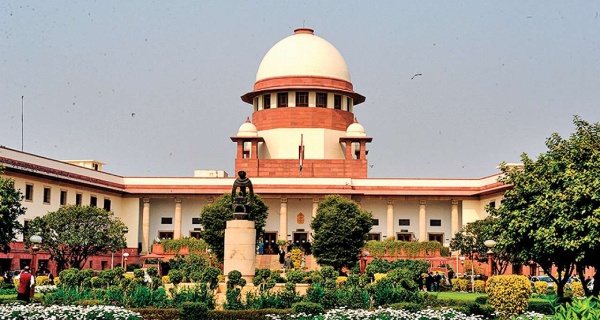- SBS AND COMPANY LLP
- Blog
- Hits: 3356
The Story of Most Favored Interpretation of MFN Clause in Treaties
Introduction
This article aims at understanding the concept of Most Favored Nation (‘MFN’) clause in the Double Taxation Avoidance Agreement (‘DTAA’ or ‘Treaty’) between India and other countries, issues and controversies therein.
A country enters into treaty with other country for various purposes, the main object of which is for elimination of double taxation by way of sharing/forgiving taxation rights in respect of income earned by assessee.
As there is a requirement to share/forgive taxation rights by two countries, treaty may be concluded on different terms with different countries. In order to protect the interest of the countries for sharing taxation right, some countries may insert MFN clause in the treaty between them.
Read more: The Story of Most Favored Interpretation of MFN Clause in Treaties








